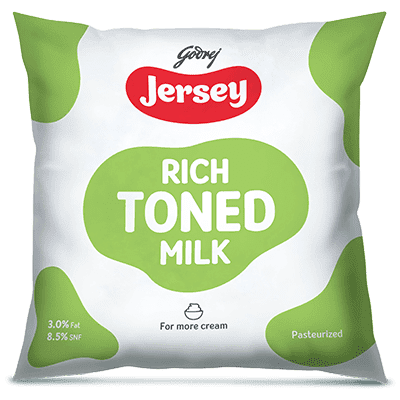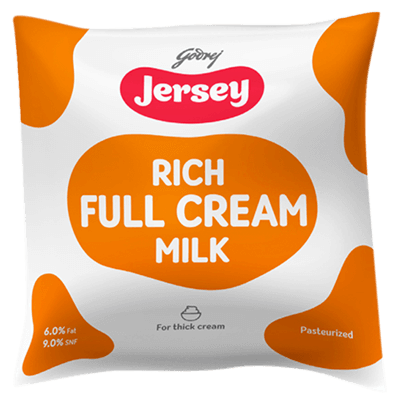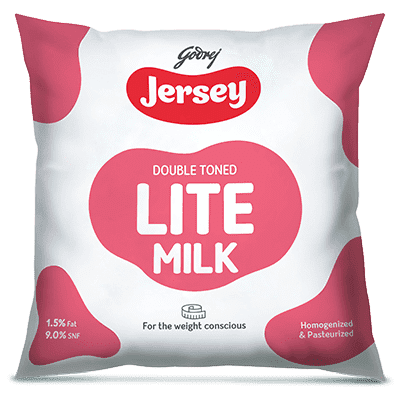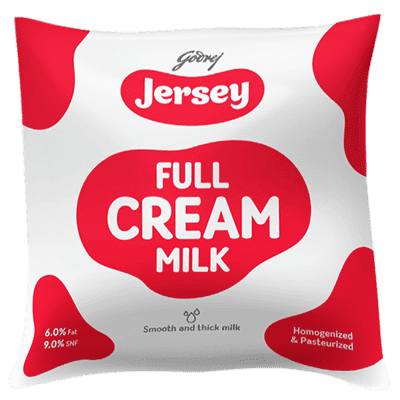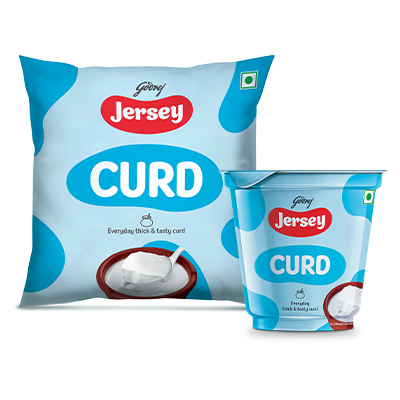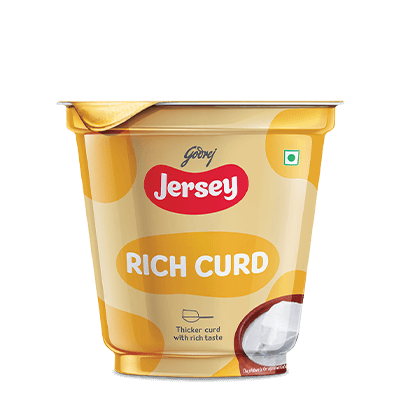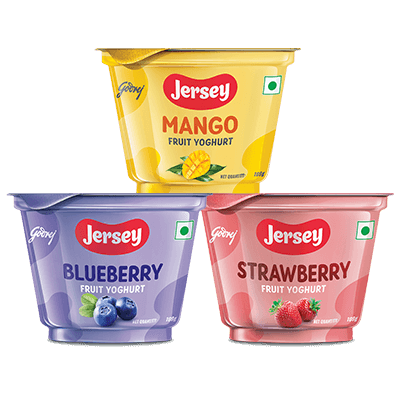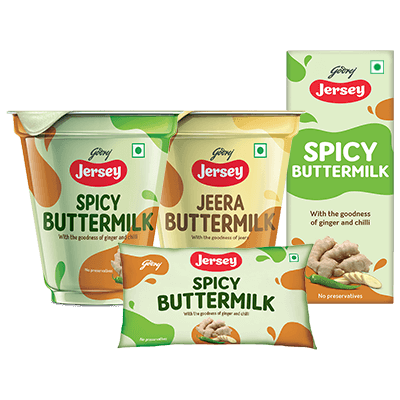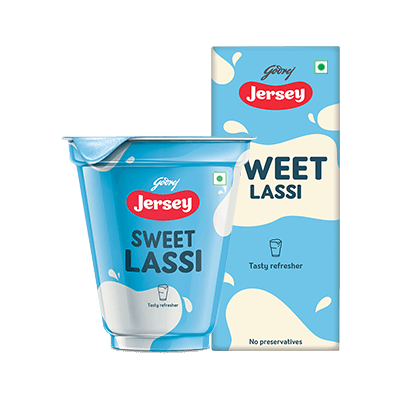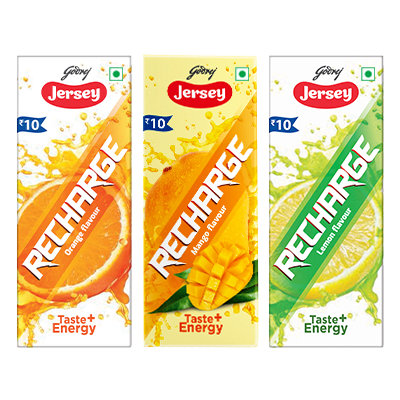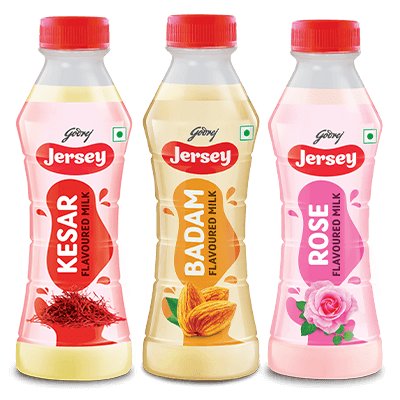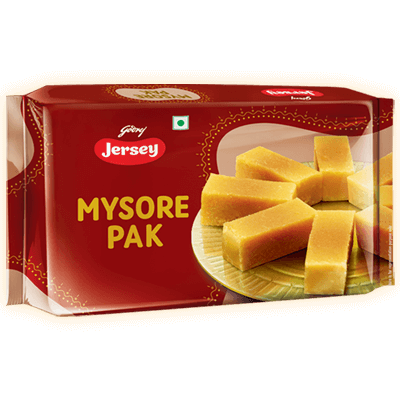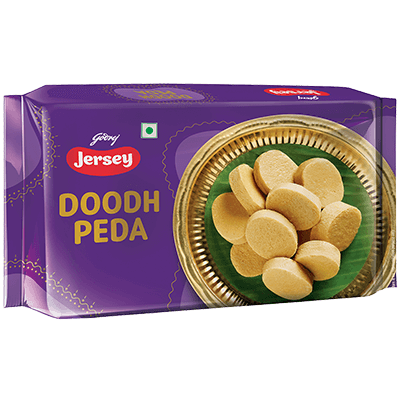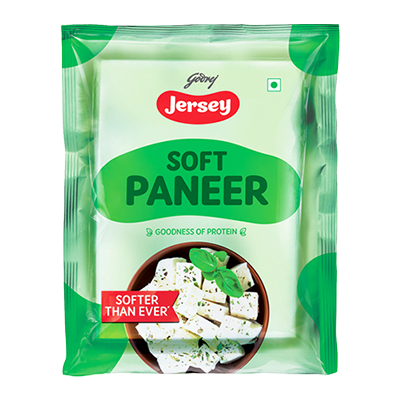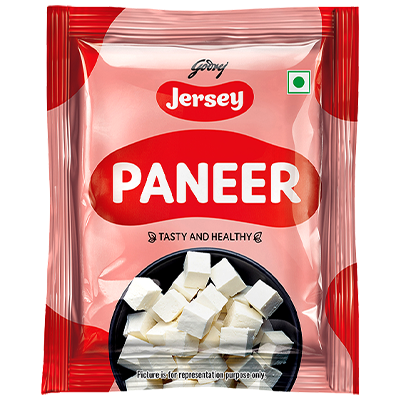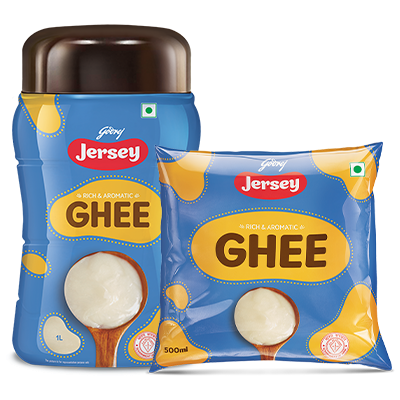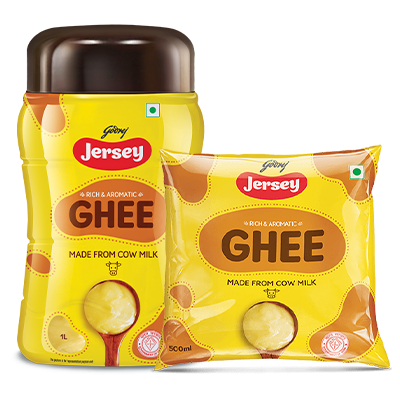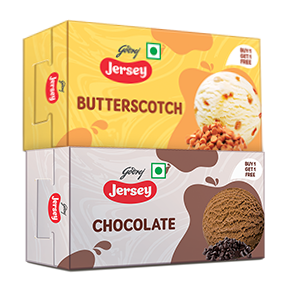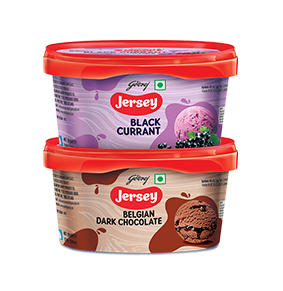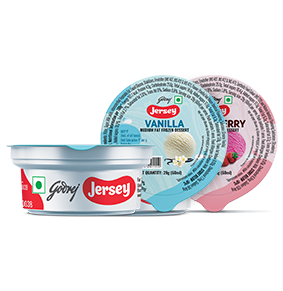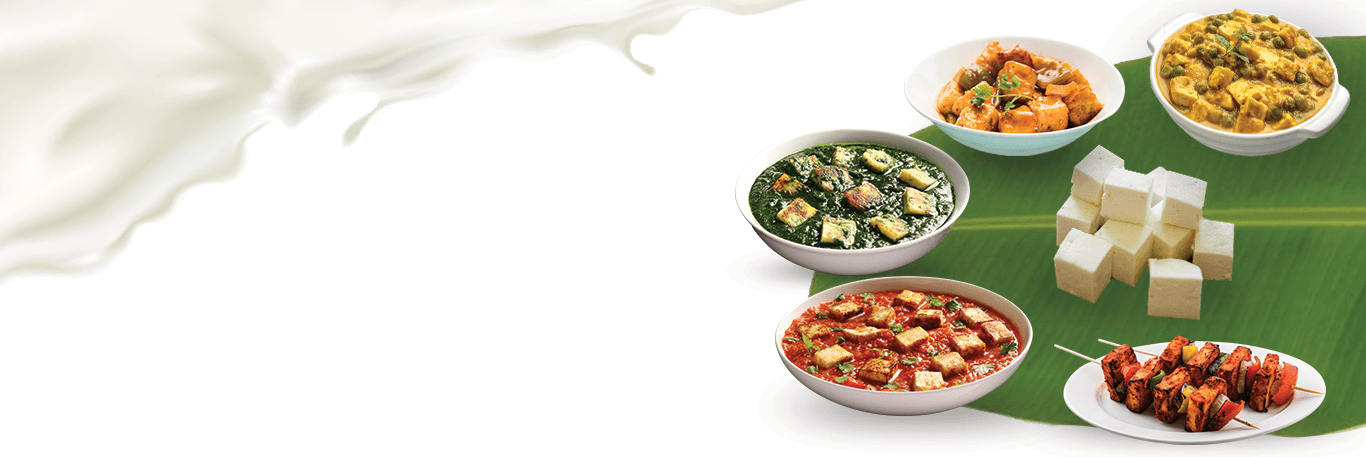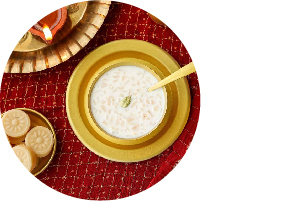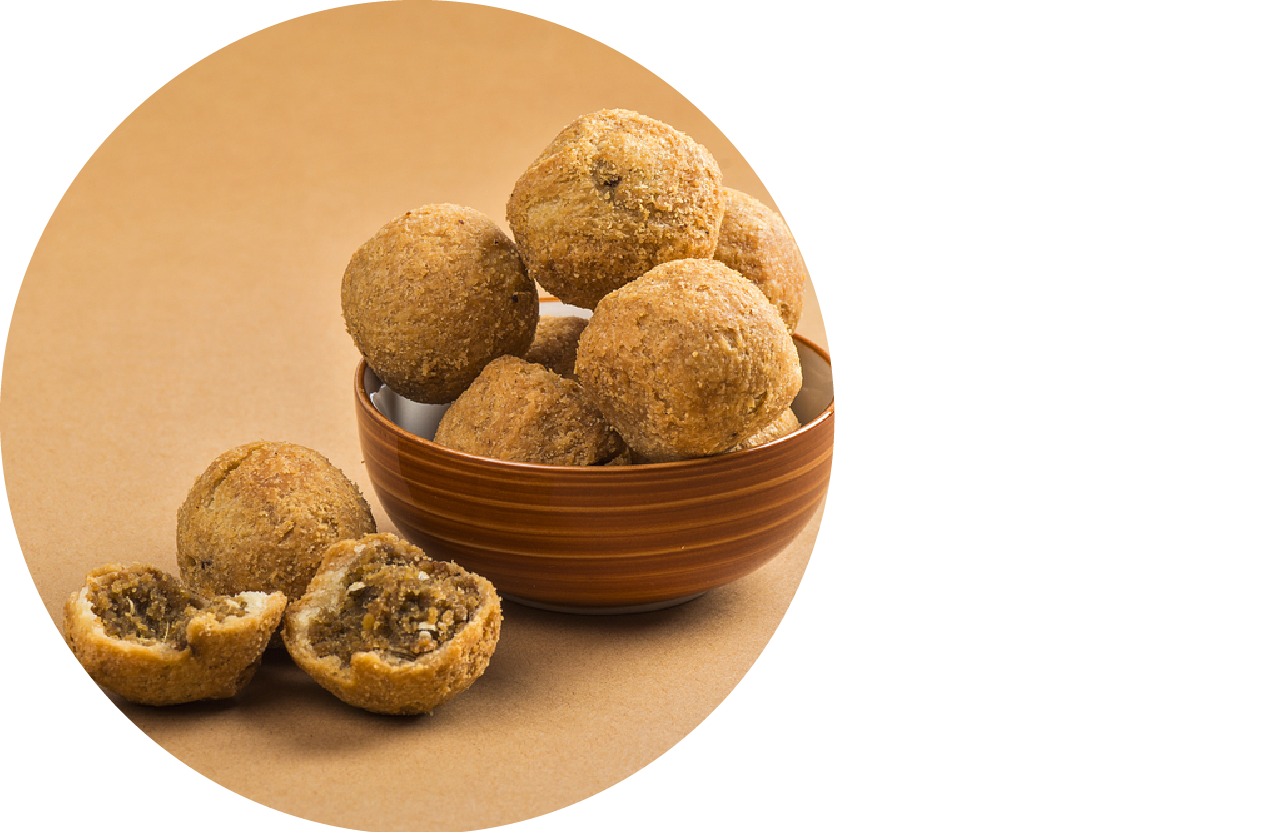How is paneer made? It is perhaps quite a commonly asked question. But do you also know the nutritional benefits of paneer?
Reduced risk of breast cancer:
The calcium and vitamin D found in dairy products, especially in paneer, reduces the risk of breast cancer
Rich in protein:
The high amount of protein found in Paneer is ideal for vegetarians
Strengthens Bones:
Calcium found in paneer is 8% of the daily recommended value, helping in building strong bones for children and maintaining them for adults.
Improves digestion:
Paneer contains phosphorous, which plays a major role in the formation of DNA and RNA. Phosphates also help in digestion, excretion, and in the production and extraction of energy in the cells.
Best food for pregnant women:
Paneer is a very good source for pregnant women as they need lots of calcium and phosphorus to support bone development.
Best food for health enthusiasts as well as athletes:
There is another protein found in Paneer, whey protein, which is very healthy and popular amongst sports and fitness enthusiasts. This is one of the favourite proteins for athletes, bodybuilders, sprinters, and various sports enthusiasts because casein is a very slow-digesting protein and releases energy slowly.
Heart-friendly and maintains blood sugar levels:
A good source of Magnesium, which acts as a catalyst, promotes biochemical reactions, activates various enzymes in the body, maintains muscle and nerve functioning, and supports the immune system. It helps in maintaining blood sugar levels and prevents heart attacks, constipation, psychiatric disorders, migraine, and collagen.
Improves biological functions:
Zinc found in paneer is about 4% of the daily recommended value. It helps in improving the immune system, digestion, diabetes control, fights stress and anxiety, cures night blindness, improves ocular health, prevents appetite loss, prevents prostate disorder as well as fights various infections.
Prevents strokes and controls anxiety:
Paneer also contains Potassium which acts as a fluid-balancing element in the body and is an important component of muscle and brain. It also relieves muscle cramps. Intake of potassium on a regular basis prevents the risk of getting brain stroke. It is also helpful in decreasing stress levels and anxiety.
Rich source of B complex vitamins:
Vitamin B12 - needed for proper brain functioning and helps in absorbing iron; Riboflavin-helps in converting carbohydrates into energy; Pantothenic Acid acts as a synthesizer that helps in forming proteins, fats, carbohydrates, and amino acids in our body; Thiamin helps in converting sugars into energy in the pyruvate dehydrogenase system; Niacin- on the other hand, plays an important role in digestion, energy production, and cholesterol reduction; Folate helps in fetal development in pregnant women, helps in producing red blood cells and keeps the heart healthy.
Antioxidant properties:
Selenium is useful as an antioxidant that protects cells and DNA from damage. It is also believed that an optimum intake of selenium-rich foods reduces the risk of prostate cancer. A new study suggests that a diet rich in dairy products may slightly extend lives of people diagnosed with colon cancer.



